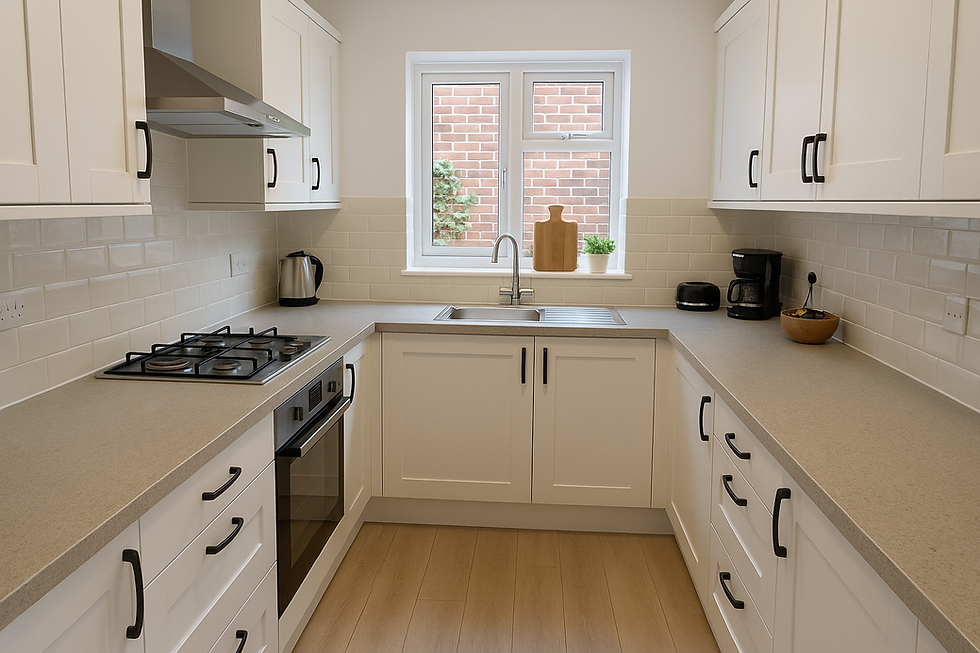Why Lime Mortar Repointing is Essential for Heritage Properties
- Joshua Cowling
- Aug 13, 2025
- 1 min read
Heritage and traditional stone buildings have a charm and character that modern constructions can’t replicate. But preserving them requires the right materials and techniques - and lime mortar repointing is one of the most important.
What is Lime Mortar?
Lime mortar is a traditional building material made from lime, water and sand. Unlike modern cement mortars, lime is softer and more flexible, making it ideal for older buildings.
Why Heritage Homes Need Lime Mortar
Breathability - Lime allows moisture to escape from walls, preventing damp.
Flexibility - It moves with the building, reducing cracking.
Authenticity - Keeps the historic look and feel of the property.
Longevity - Properly applied lime mortar can last decades.
Signs Your Property Needs Repointing
Crumbling or missing mortar.
Damp patches on internal walls.
White salts (efflorescence) on stonework.
Visible cracks between stones or bricks.
Benefits of Lime Mortar Over Cement
Using cement on heritage properties can trap moisture, causing stone damage. Lime, on the other hand:
Protects original stone or brick.
Allows the building to “breathe”.
Is more sustainable and eco-friendly.
Maintenance Tips for Lime Mortar Walls
Avoid harsh pressure washing.
Keep vegetation from growing on walls.
Inspect annually for cracks or weather damage.
Repoint damaged sections promptly.
Lime mortar repointing is more than just a repair - it’s an investment in preserving the integrity and beauty of your property. Done right, it can safeguard your building for generations to come.





Comments